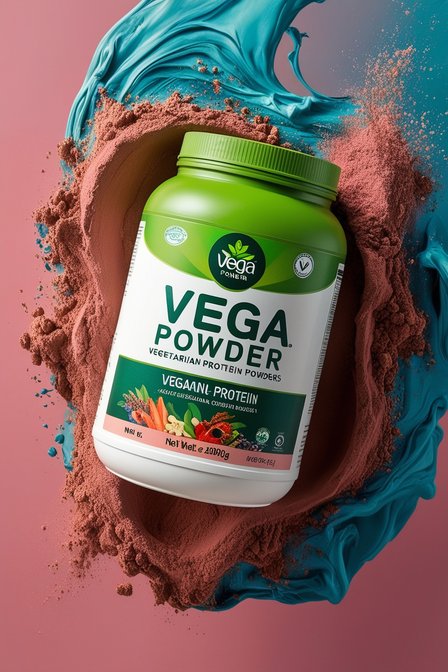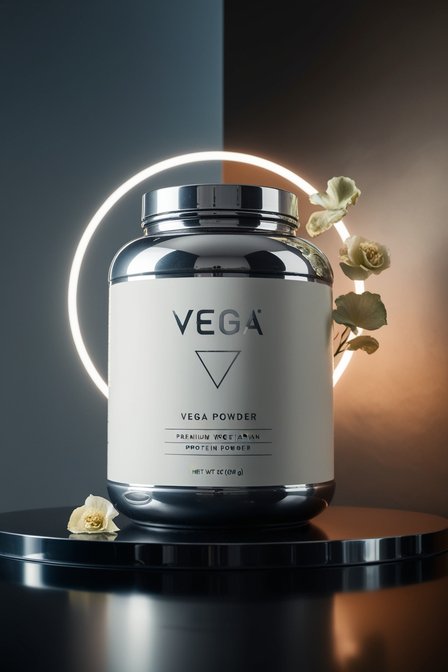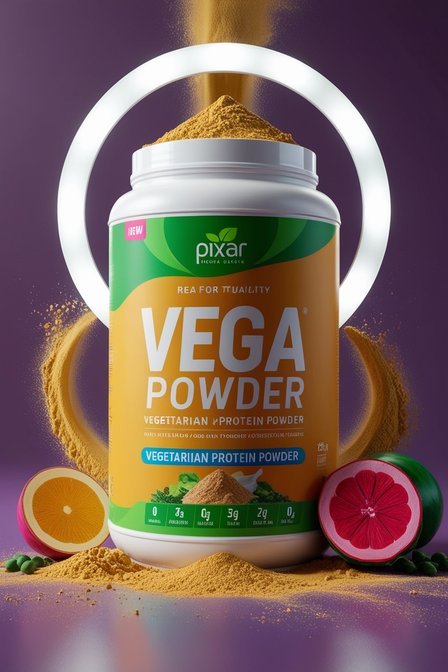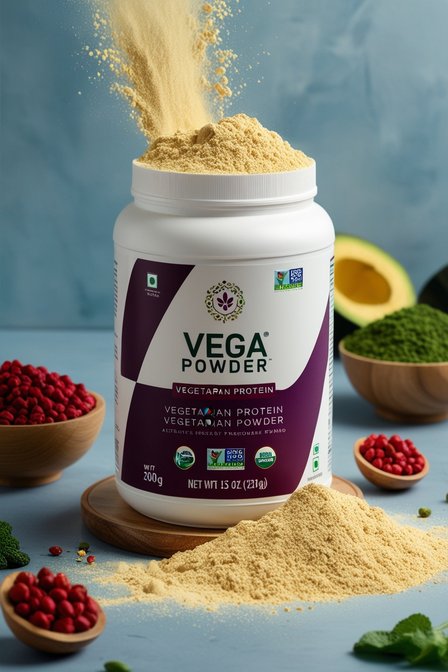Whey Protein vs. Vegan Protein: A Comprehensive Comparison
Introduction to Protein Supplements
Protein supplements have become an integral part of fitness and health regimes across the globe. Among the various types of protein powders available, whey protein and vegan protein are the most popular. Both have their distinct advantages and cater to different dietary preferences and nutritional needs. Understanding the differences between whey protein and vegan protein can help you make an informed decision on which is best suited for your goals and lifestyle.
The Basics of Whey Protein
Whey protein is derived from milk during the cheese-making process. It is a complete protein, meaning it contains all nine essential amino acids that the body cannot produce on its own. Whey protein is known for its high biological value and rapid digestibility, making it a popular choice among athletes and bodybuilders.
Whey protein is available in three main forms: concentrate, isolate, and hydrolysate. Whey concentrate is the least processed form, containing some fats and carbohydrates. Whey isolate undergoes further processing to remove most of the fat and lactose, resulting in a higher protein content. Whey hydrolysate is pre-digested, which means it is absorbed more quickly by the body.
The Benefits of Whey Protein
One of the primary benefits of whey protein is its ability to promote muscle growth and recovery. The high concentration of branched-chain amino acids (BCAAs), particularly leucine, plays a critical role in stimulating muscle protein synthesis. This makes whey protein an excellent post-workout supplement.
Whey protein is also beneficial for weight management. It helps increase satiety, reducing overall calorie intake. Studies have shown that whey protein can aid in fat loss while preserving lean muscle mass, making it an effective supplement for weight loss programs.
The Basics of Vegan Protein
Vegan protein powders are plant-based and derived from various sources such as peas, rice, hemp, and soy. These proteins cater to individuals who follow a vegan or vegetarian diet, are lactose intolerant, or have dairy allergies. Unlike whey protein, vegan protein powders are often incomplete proteins, meaning they may lack one or more essential amino acids. However, by combining different plant proteins, manufacturers can create a complete amino acid profile.
Common types of vegan protein powders include pea protein, rice protein, hemp protein, and soy protein. Pea protein is highly digestible and rich in BCAAs, making it a popular choice. Rice protein, while lower in lysine, is hypoallergenic and easy on the stomach. Hemp protein contains essential fatty acids and fiber, providing additional health benefits. Soy protein is a complete protein and contains isoflavones, which have various health benefits.
The Benefits of Vegan Protein
Vegan protein powders offer several advantages. They are free from dairy and suitable for those with lactose intolerance or dairy allergies. Vegan proteins are also typically hypoallergenic and easier to digest for individuals with sensitive stomachs.
Vegan protein powders often contain additional nutrients such as fiber, vitamins, and minerals, contributing to overall health. For instance, hemp protein is a good source of omega-3 and omega-6 fatty acids, which are essential for heart health. Pea protein is rich in iron, which is crucial for oxygen transport and energy production.
Nutritional Differences
The nutritional profile of whey protein and vegan protein can vary significantly. Whey protein is known for its high protein content and complete amino acid profile. It is rich in leucine, which is vital for muscle protein synthesis. Whey protein also contains a small amount of carbohydrates and fats, particularly in the concentrate form.
Vegan protein powders, on the other hand, can vary depending on the plant source. They may contain more fiber and micronutrients compared to whey protein. For example, hemp protein is high in fiber and essential fatty acids, while pea protein is rich in iron. However, some vegan proteins may be lower in certain essential amino acids, necessitating the combination of different plant proteins to achieve a complete amino acid profile.
Digestibility and Absorption
One of the key differences between whey protein and vegan protein is their digestibility and absorption rates. Whey protein is rapidly digested and absorbed, making it an ideal post-workout supplement for quick muscle recovery. The high leucine content in whey protein further enhances its ability to stimulate muscle protein synthesis.
Vegan protein powders, depending on the source, may have varying digestibility rates. For instance, pea protein is highly digestible and comparable to whey protein in terms of absorption. Rice protein, while hypoallergenic, may be slower to digest. Hemp protein, with its high fiber content, may also have a slower absorption rate. However, the presence of fiber and other nutrients in vegan proteins can provide additional health benefits.
Environmental Impact
Another important consideration when comparing whey protein and vegan protein is their environmental impact. The production of whey protein involves dairy farming, which has a significant environmental footprint. Dairy farming contributes to greenhouse gas emissions, water usage, and land degradation. Additionally, the production process involves multiple stages, including milk processing and cheese production, which require energy and resources.
Vegan protein powders generally have a lower environmental impact. Plant-based protein sources require less water and land compared to dairy farming. They also produce fewer greenhouse gas emissions. For individuals concerned about sustainability and environmental impact, vegan protein powders offer a more eco-friendly option.
Suitability for Dietary Restrictions
Whey protein is derived from milk, making it unsuitable for individuals with lactose intolerance, dairy allergies, or those following a vegan diet. While whey protein isolate contains less lactose than concentrate, it may still cause digestive issues for sensitive individuals.
Vegan protein powders cater to a wider range of dietary restrictions. They are free from dairy, making them suitable for lactose-intolerant individuals and those with dairy allergies. Vegan protein powders are also compatible with vegan and vegetarian diets, providing a plant-based source of protein.
Taste and Texture
The taste and texture of protein powders can vary, and personal preference plays a significant role in choosing between whey protein and vegan protein. Whey protein is often praised for its smooth texture and pleasant taste, particularly in flavored varieties. The rapid solubility of whey protein makes it easy to mix into shakes and smoothies.
Vegan protein powders can have a different taste and texture profile. Some plant proteins, such as pea protein, have a slightly earthy or nutty flavor, which may not be as appealing to everyone. The texture can also be grainier compared to the smooth consistency of whey protein. However, many manufacturers have improved the taste and texture of vegan protein powders, offering flavored options that are more palatable.
Cost Considerations
The cost of protein powders can be an important factor for many consumers. Whey protein powders, particularly high-quality isolates and hydrolysates, can be more expensive due to the extensive processing involved. However, whey concentrate is often more affordable and widely available.
Vegan protein powders can also vary in cost depending on the plant source and processing methods. Some vegan proteins, such as pea and rice protein, are relatively affordable. Others, like hemp and soy protein, may be more expensive due to additional nutritional benefits and production costs. When choosing a protein powder, it's essential to consider both the cost and the nutritional value it offers.
Conclusion: Which Protein is Right for You?
Choosing between whey protein and vegan protein ultimately depends on your individual needs, dietary preferences, and health goals. Whey protein is an excellent choice for those looking for a complete protein with rapid digestibility and a high concentration of BCAAs, particularly for muscle growth and recovery.
Vegan protein powders offer a versatile and environmentally friendly alternative, catering to various dietary restrictions and providing additional nutrients such as fiber and essential fatty acids. They are suitable for lactose-intolerant individuals, those with dairy allergies, and anyone following a vegan or vegetarian diet.
When deciding on a protein supplement, consider factors such as digestibility, nutritional content, environmental impact, taste, texture, and cost. Both whey protein and vegan protein have their unique benefits, and the best choice will depend on your specific needs and preferences. By understanding the differences between these protein sources, you can make an informed decision that supports your health and fitness goals.




